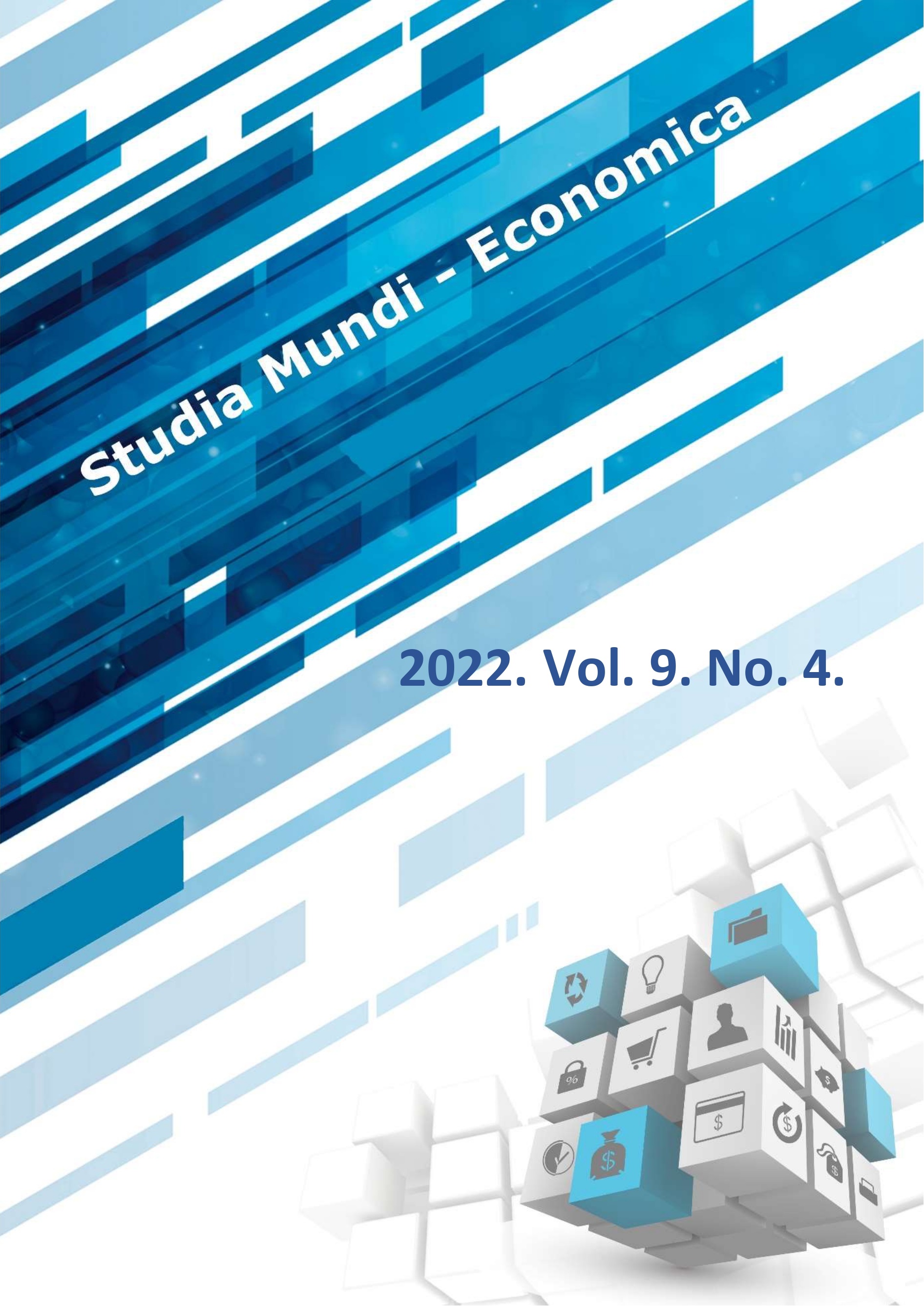Assessing the effectiveness of government-funded smallholder development projects in the Eastern Cape, South Africa: the case of the Raymond Mhlaba Municipality
DOI:
https://doi.org/10.18531/Studia.Mundi.2022.09.04.74-87Schlagwörter:
Government funded projects, Agricultural development projects, project failure, smallholder farmersAbstract
Agricultural development projects are used by governments of countries as a strategy for community development and job creation. In the developing countries, agricultural projects are the leading edge of rural development. These development projects however require huge capital outlay from governments. There are evidences in literature which report that in developing countries huge sums of money are being lost through agricultural projects that end up failing, and South Africa’s government is no exception to this trend. In South Africa, particularly in the province of the Eastern Cape, agricultural development projects are implemented through the existing participation between farmers and extension officers under government programme. The records of these agricultural development projects in the Eastern Cape province is mixed, whilst some succeed, most also fail to achieve their goals. This paper assessed the cause of why South African government funded agricultural project fail in the province of the Eastern Cape, particularly in the Raymond Mhlaba Municipality. The overall results of this study revealed that about 54.9% of the projects that the respondents were involved in have failed. This study identified the top five factors that for failure of the government funded agricultural projects. They are Supervision, Communication, Monitoring, Political interference and Commitment to project respectively. Government funded agricultural projects in the Raymond Mhlaba Municipality registered some minimal impact therefore discouraging and decreasing willingness of farmers or communities to participate in government funded projects. In the area under study most of agricultural projects failed to achieve objectives and collapsed. Others are struggling to survive and become sustainable.
Literaturhinweise
Africa, S. S. (2017): Poverty trends in South Africa an examination of absolute poverty between 2006 and 2015. Pretoria: Statistics South Africa. Pretoria: Government Printers.
Aliber, M. - Hall, R. (2010): Development of evidence-based policy around small-scale farming. Report commissioned by the Programme to Support Pro-Poor Policy Development, on behalf of the Presidency. Pretoria: HSRC
Aliber, M. - Hall, R. (2012): Support for smallholder farmers in South Africa: Challenges of scale and strategy. Development Southern Africa, 29. (4) pp. 548-562. DOI: https://doi.org/10.1080/0376835X.2012.715441
Baumüller, H. et al. (2020): From Potentials to Reality: Transforming Africa’s Food Production. Bonn: Center for Development Research (ZEF), University of Bonn
Eisinga, R. - Grotenhuis, M. T. - Pelzer, B. (2013): The reliability of a two-item scale: Pearson, Cronbach, or Spearman-Brown? International journal of public health, 58. (4) pp. 637-642. DOI: https://doi.org/10.1007/s00038-012-0416-3
Food and Agriculture Organization (2013): Enhancing the contribution of small-scale aquaculture to food security, poverty alleviation and socio-economic development. Rome: FAO
Kearney, J. 2010. Food consumption trends and drivers. Philosophical Transactions of the Royal Society of London B 365. (1554), pp. 2793-2807. DOI: https://doi.org/10.1098/rstb.2010.0149
Mqamelo, L. (2017): Assessment of the Department of Rural Development and Agrarian Reform's Maize Cropping Programme in the Eastern Cape (Doctoral dissertation, University of Fort Hare).
Namakhoma, P. D. (2015): An investigation into why projects fail in agriculture, a case study of horticulture and food crops development project (HFCDP) in the central region of Malawi (Doctoral dissertation, University of Bolton).
Ndou, D. N. (2012): An investigation into the reasons for failure of community-based projects at Folovhodwe, Limpopo (Doctoral dissertation, University of Fort Hare).
Prysiazhniuk, O. - Plotnikova, M. (2017): Improving the model of agricultural project management. Agricultural and Resource Economics: International Scientific E-Journal, 3. (1) pp. 164-172. DOI: https://doi.org/10.51599/are.2017.03.01.13
Sikwela, M. M. - Mushunje, A. (2013): The impact of farmer support programmes on household income and sustainability in smallholder production: A case study of the Eastern Cape and KwaZulu Natal farmers, South Africa. African Journal of Agricultural Research, 8. (21) pp. 2502-2511. DOI: https://doi.org/10.5897/AJAR12.1623
Socio, L. M. (2017): King Sabata Dalindyebo local municipailty Socio economic review and outlook, 2017. Eastern Cape: Socio Economic Consultative Council
Timmer, C P. (2002): Agriculture in economic development. pp. 1487-1546. In: B L Gardner, B. L. - Rausser, G. C. (eds.) Handbook of Agricultural Economics Volume 2, Part A. Paris: Elsevier
Downloads
Veröffentlicht
Ausgabe
Rubrik
Lizenz
Copyright (c) 2022 Aphiwe Nodayizana; Krisztián Ritter

Dieses Werk steht unter der Lizenz Creative Commons Namensnennung - Nicht-kommerziell - Keine Bearbeitungen 4.0 International.
A folyóirat Open Access (Gold). Cikkeire a Creative Commons 4.0 standard licenc alábbi típusa vonatkozik: CC-BY-NC-ND-4.0. Ennek értelmében a mű szabadon másolható, terjeszthető, bemutatható és előadható, azonban nem használható fel kereskedelmi célokra (NC), továbbá nem módosítható és nem készíthető belőle átdolgozás, származékos mű (ND). A licenc alapján a szerző vagy a jogosult által meghatározott módon fel kell tüntetni a szerző nevét és a szerzői mű címét (BY).






